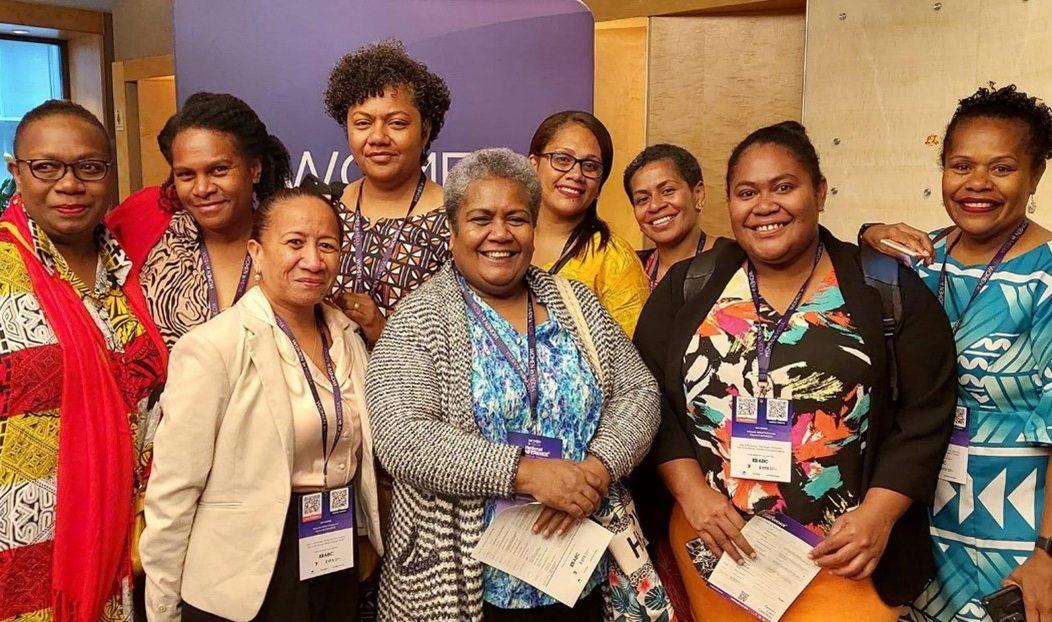
Women journalists in the Pacific are mobilising to work together against gender discrimination in male dominated workplaces.
They have described being threatened with violence, sexually harassed, intimidated, shut out of leadership roles, excluded from training opportunities, and deliberately left off mailing lists for news events.
The women say influential and powerful decision makers are often the perpetrators of sexual harassment.
A case study in 2022 found that more than 80% of women in the media in Fiji had experienced workplace sexual harassment.
Women also say they are being left out of digital training which is one of the most pressing issues for the survival of media outlets in the Pacific. Many rely on traditional media and the sale of newspapers for income.
The women are seeking support to enable them to drive change from within their industry themselves and want to lead and control a push for change.
They’ve been motivated and inspired by the success of a pilot mentoring scheme run in 2023 by Women in Media Fiji, an initiative of the Fijian Media Association.
The priority is to create a single, stronger voice for media women, support each other and work together to address issues of gender inequity. They’ve asked for help to advance their careers, take on long overdue leadership roles and deal with the challenges of working in the media with the support of other women.
— Rosi Doviverata Tamani, Women in Media Fiji co-founder
Young women journalists especially need support to stay in the industry despite widespread gender disadvantages. Many leave journalism after two or three years because of the poor culture in the industry and the much higher salaries available in communications roles.
Senior women journalists across the Pacific are now working together to establish Women in Media organisations modelled on Australia’s Women in Media project.
They want local chapters that are culturally, socially, and traditionally appropriate for the region. An example is the work being done in Papua New Guinea by the secretary of the Media Council of Papua New Guinea (MCPNG) Belinda Kora.
We need drastic changes to enhance the capacity and experiences of female journalists, especially to do with maternity leave, annual leave and parental leave.
— Belinda Kora, ABC Papua New Guinea
The aim is to build a cohort of women journalists who can connect in a safe space to share experiences and support each other in solidarity to deal with the gender discrimination they face doing their jobs.
Having someone to confidentially talk through a topic is more than just support, it’s about bouncing ideas off others in the industry to find strategies and techniques to deal with issues which often include toxic workplaces.
The main strategies of any such work must be the recognition of the importance of one-on-one relationships that are crucial to doing business in the Pacific, and empowering Pacific women to lead initiatives to resolve the issues they face.
Offering a support system for women working in the media in the Pacific will help them deal with gender discrimination, develop their careers and skills, and build a safe space for women journalists across the region. They want new laws—and their employers—to protect them from intimidation, threats and hostile governments.
The women also want an awareness strategy to help the public better understand the importance of their professional roles.
Journalists represent the people and are the collective watchdog keeping power to account on behalf of society. The Pacific women journalists need backing to end the gender discrimination they face daily in doing their jobs.